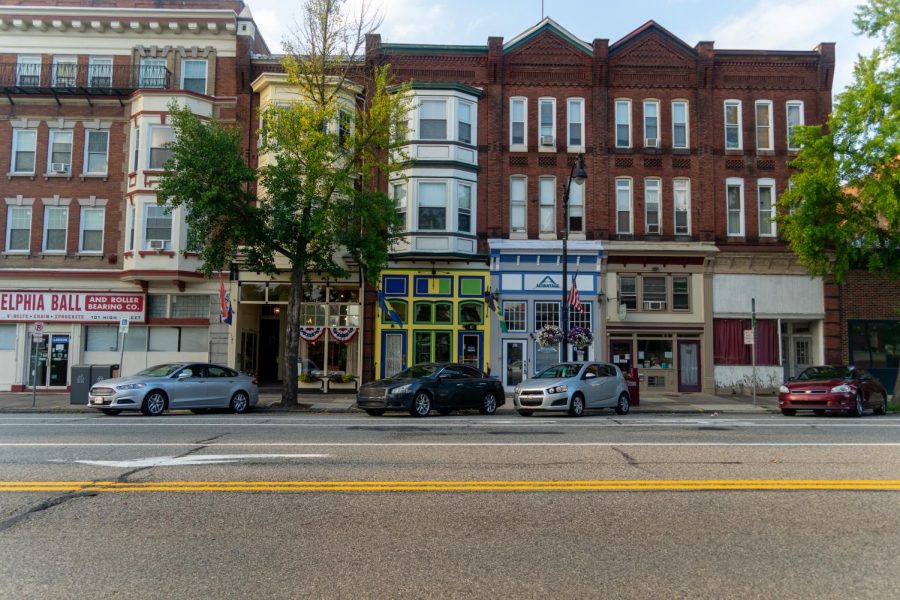Local NGOs feel the impact of the pandemic
Media: Nolan Richards ’21
Photo Courtesy of Nolan Richards ’21
Over the last several months, the spread of COVID-19 has posed a significant challenge for local nonprofits. A few summer programs and sports events have been forced to cancel. However, many organizations are not deterred by the situation. They are responding actively with innovative ways to provide services and improved sanitary precautions.
The Lessig-Booth Family Residence is a shelter program with low thresholds of the Salvation Army. The shelter welcomes families in homeless situations and assists them in seeking jobs and permanent housing. The pandemic presents challenges and changes in the way the program works. As Director of Housing Programs Wendy Egolf wrote in an email to the Hill School in February, “It is difficult physically to maintain the six-feet social distancing with the limited space in the family residence and emotionally with families who work together to accomplish their goals.”
Initially, they encouraged families to shelter in their friends’ or relatives’ house for a few weeks, when their space dropped to half capacity. Since then, they have improved their sanitation procedures and routine health checks. For example, each room has been equipped with an individual bathroom; meals are served on disposable paper products; and families practice social distancing at all times. Gradually, they started to accept both new and returning families, for all of which quarantine is required at the shelter. Having taken all those careful measures, Egold said, “We were the first shelter in Montgomery County to successfully bring back all of the families and have new admissions to our program. We have been operating at full capacity for months.”
Although the process was difficult, the organization, now prepared against the virus, has acquired better hygiene and routines overall. COVID-19 has prompted the organization to become more aware of the health and safety of the participants and to improve housing facilities.
Another local NGO, Pottstown Cluster of Religious Communities, provides material resources such as food, shelter and personal care items to the community. As the virus spread, their source of food donations from the grocery stores dried up. To overcome that discrepancy, they are purchasing more food than they used to, which places a burden on their budget.
Despite the financial challenge, they observe an increasing need in students’ families, especially single-parent ones, as schools shut down and stop providing takeaway lunch. Therefore, the board and key staff of PCRC are putting together food boxes for distribution at the local area schools to alleviate the stress that many households are facing. In addition, COVID-19 has changed how PCRC approaches those who need food assistance. Choice pantry experience was provided through an online kiosk selection and inventory system in the past. However, to ensure safety and efficiency during the pandemic, PCRC switched to distributing pre-packed boxes of daily supplies. Moreover, to grant easier and more open access, especially to the elderly, they are now providing online ordering and delivery services.
In conclusion, although the pandemic has created lots of problems and difficulties for the local NGOs, it has also inspired the NGOs to explore new services and implement better routine procedures. Barbara Wilhelmy, the executive director of PCRC, said, “I don’t think we will ever go back to how things work in the past. Because of COVID, we figure out new ways to make our service easier to access for people in the community.”

























